Lee Middle School’s Tim Johnson has been a teacher for more than 30 years, but he still gets a charge learning about the world around him—and passing that knowledge on to his eighth-grade students in Sharpsburg, Georgia.
As the school year gets underway, Johnson is looking forward to sharing insights picked up at Alternative Energy Summer Adventure, a three-day workshop for K-12 educators focusing on STEM education sponsored by Coweta-Fayette EMC and the Coweta County School System. About 30 participants engaged in hands-on activities and took field trips to local examples of sustainable development and energy efficiency, including Georgia Tech’s Kendeda Building.
Johnson says the program will also enhance his curriculum on Georgia studies. “We look at the state from a lot of different angles, and being able to add one more piece to my toolkit allows me to better relate where we came from and where we’re going both economically and career-wise in Georgia.”
Held in mid-July, the teachers’ camp fills several needs, said Chris Stephens, CEO of the Palmetto-based co-op. “The future of the energy industry is changing. Not only will this experience bring new opportunities to the classroom, this partnership will help equip and engage our future workforce.”
The project stems from the co-op’s successful bid in 2018 to serve a new middle school under the state’s “Customer Choice” program. As an added incentive, the co-op proposed an energy innovation learning center at the school that included a solar array, an electric vehicle charging station and curriculum support on STEM from Green Power EMC’s SPARK Energy Education Program.
At the suggestion of the school system’s STEM specialist, the co-op expanded the training and curriculum to include other schools, said Maggie Reenstra, Coweta Fayette’s community and economic development coordinator.
The co-op and school district collaborated on the “teach-the-teacher” program. School officials selected participants, and co-op employees taught the program and led tours. Retired teachers, who had developed the SPARK curriculum, taught the classroom portions.
The co-op plans to offer the camp next summer “for local educators to learn about the importance and growing demand of alternative energy options,” said Reenstra.
Take a look at highlights from the workshop:
Day One: Visit to Georgia Tech’s Kendeda Building
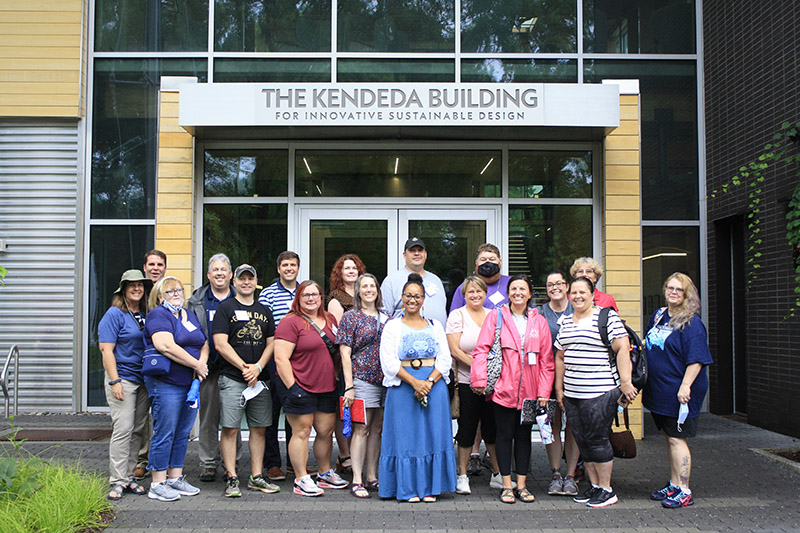
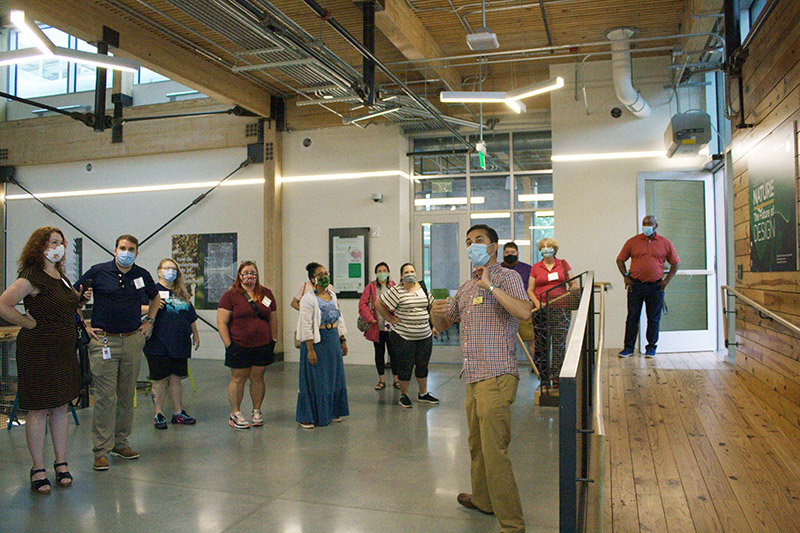
Day Two: Visit to Co-op Solar Plant
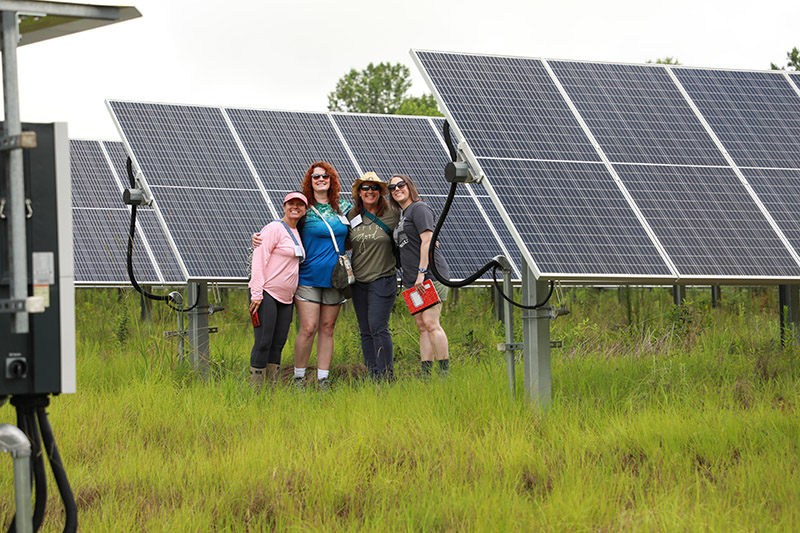
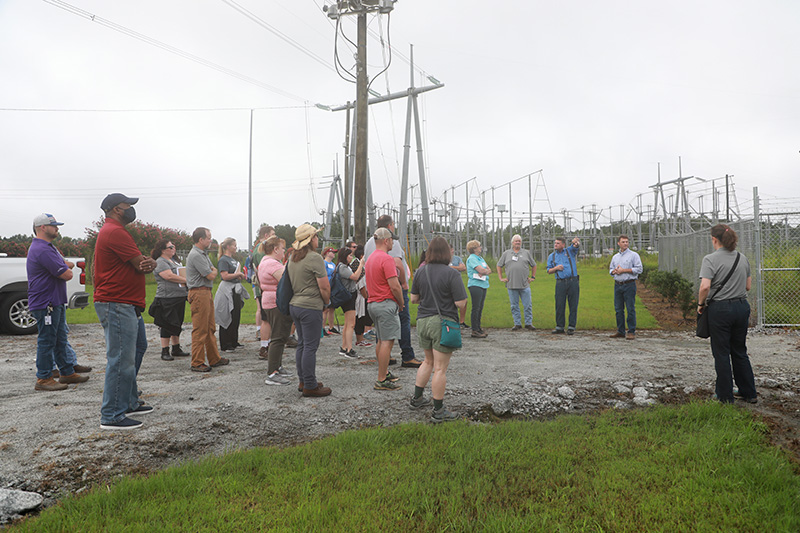
Day Three: Hands-On Learning
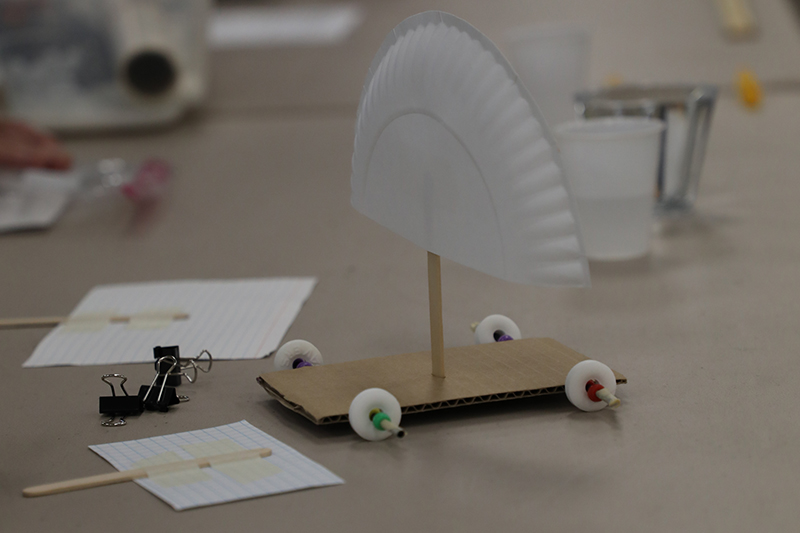

Victoria A. Rocha is a staff writer for NRECA.